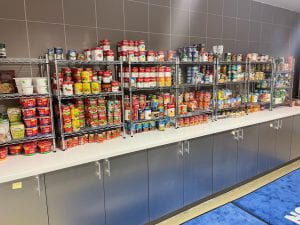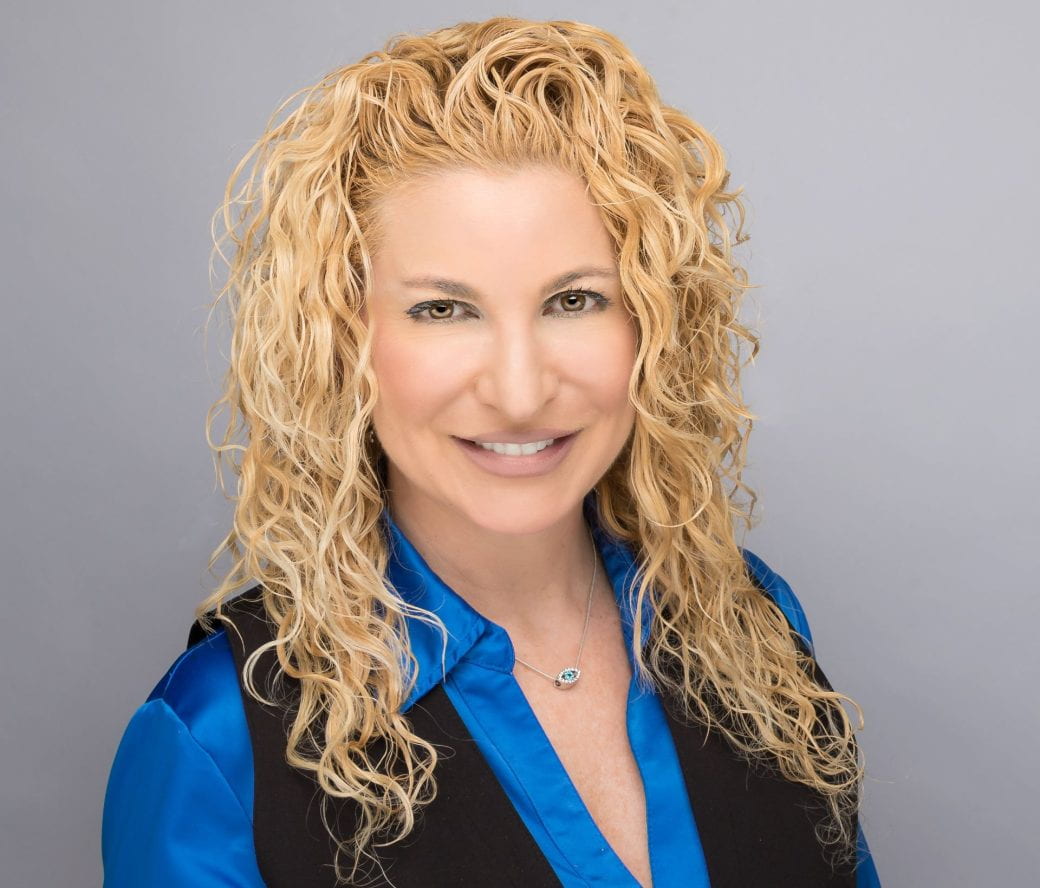“Computing degrees can be the gateway into high-demand and highly compensated careers. This includes graduate degrees to enhance the depth of knowledge in areas such as cybersecurity, artificial intelligence, and data analytics,” said Meline Kevorkian, Ed.D., dean of Nova Southeastern University’s (NSU) College of Computing and Engineering (CCE).
One of Kevorkian’s goals is to ensure there is a strong, well-prepared, and diverse workforce in the computing and technology arena, and she is reaching that goal at NSU. She started her journey at the university in 2006 at the College of Education. From there, she moved to central administration to assess and evaluate the quality of NSU’s academic programs. With a background in science and math, she then found a home at the CCE, originally partnering with the college’s faculty members to improve the workforce pipeline in computing. In 2018, she was named dean.
“What I love about NSU is that we have a very strong vision. As long as you have something that aligns with that, and you have solid ideas backed by data, there are endless possibilities of what you can actually do and accomplish here,” Kevorkian said. “And I find that very rewarding and exciting.”
Kevorkian makes a difference through her research with her faculty members by focusing on STEM student success for underserved populations, with a strong focus in high-demand computing and engineering programs. Her collaborative work has led to many papers and grants from the National Science Foundation and the U.S. Department of Education. Other research includes bullying and cyberbullying. She also serves as NSU’s associate provost and vice president of academic quality, assessment, and accreditation.
The College of Computing and Engineering has built an impressive résumé over the last few years. Fortune Magazine ranked NSU’s computer science program as number 11 in the country, and the cybersecurity program as number 15 for online master’s degree programs. The undergraduate computer science program is accredited by the Computing Accreditation Commission of the Accreditation Board for Engineering and Technology. The undergraduate engineering program is accredited by the Engineering Accreditation Commission of the Accreditation Board for Engineering and Technology. In addition, the National Security Agency and its affiliated federal agencies have designated NSU as a National Center of Academic Excellence in Information Assurance and Cyber Defense Education.
The designations are external validation for Kevorkian. The CCE is student-centric, focusing on preparing students to succeed in technological and computer science fields—skills that are needed in business, industry, research, governmental agencies, and just about every other area of the world. The school also works to create and implement initiatives that attract women and underserved populations to the field. Scholarships and flexible programming are two of the strategies the school utilizes.
Kevorkian wants to make sure students are aware of the diversity of the field. “Computing goes beyond just making video games and can really make a difference in the world,” she said. “We want students to get interested in saving the seas, medical cybersecurity—all the other things that are vitally important. You can honestly say by majoring in technology, you’re making a difference in the world.”
 Another area where Kevorkian has made a difference in the NSU student community is with the NSU Shark Food Pantry, which has inspired philanthropic efforts to fight food insecurity among university students at NSU. During the pandemic, she saw a student looking for food in a garbage can. A faculty member from the College of Computing and Engineering gave the student some money and sent him to the food court to get something to eat. Kevorkian wanted to do more.
Another area where Kevorkian has made a difference in the NSU student community is with the NSU Shark Food Pantry, which has inspired philanthropic efforts to fight food insecurity among university students at NSU. During the pandemic, she saw a student looking for food in a garbage can. A faculty member from the College of Computing and Engineering gave the student some money and sent him to the food court to get something to eat. Kevorkian wanted to do more.
“I have never had to go to bed hungry,” Kevorkian said. “But seeing how many people suffer from food insecurity, I didn’t want any of any of our NSU student community to feel that way.”
She and her team cleared an office to create a food pantry, put up some shelves, and donated food. They then held a soft opening and realized the need was great. Since the project began, there has been an outpouring of support for the NSU Shark Food Pantry. One hundred percent of donations go to fill the pantry, which provides food and hygiene products—shampoo, deodorant, and feminine products, for example—to any NSU student in need. The demand has been high, so as donations come in, they go out.
“The pantry is used by our future teachers, business partners, doctors, pharmacists, and nurses,” she said. “We’re making sure they have the proper nutrition to be able to concentrate on what’s really important—getting a good education and being able to take care of themselves, their families, and all of us.”
For more information on how to support the NSU College of Computing and Engineering, please contact Susanne Marshall, director of development, at (954) 262-3014 or via email at msusanne@nova.edu.
Click Here for more information on how to support the NSU Shark Food Pantry.

